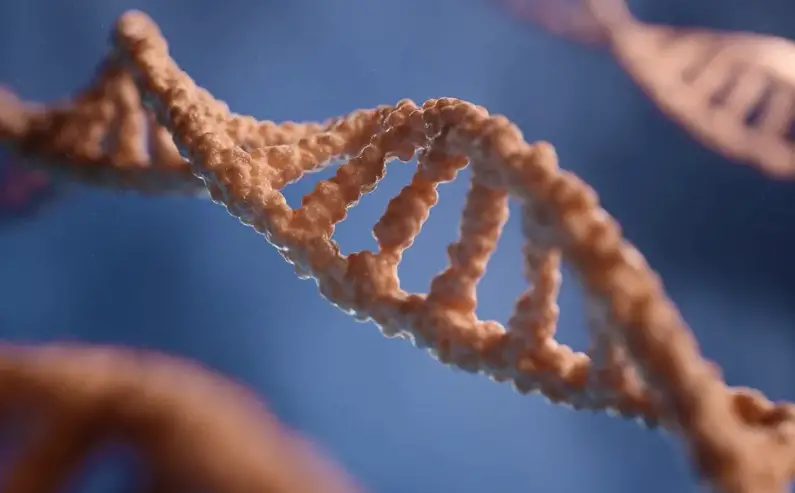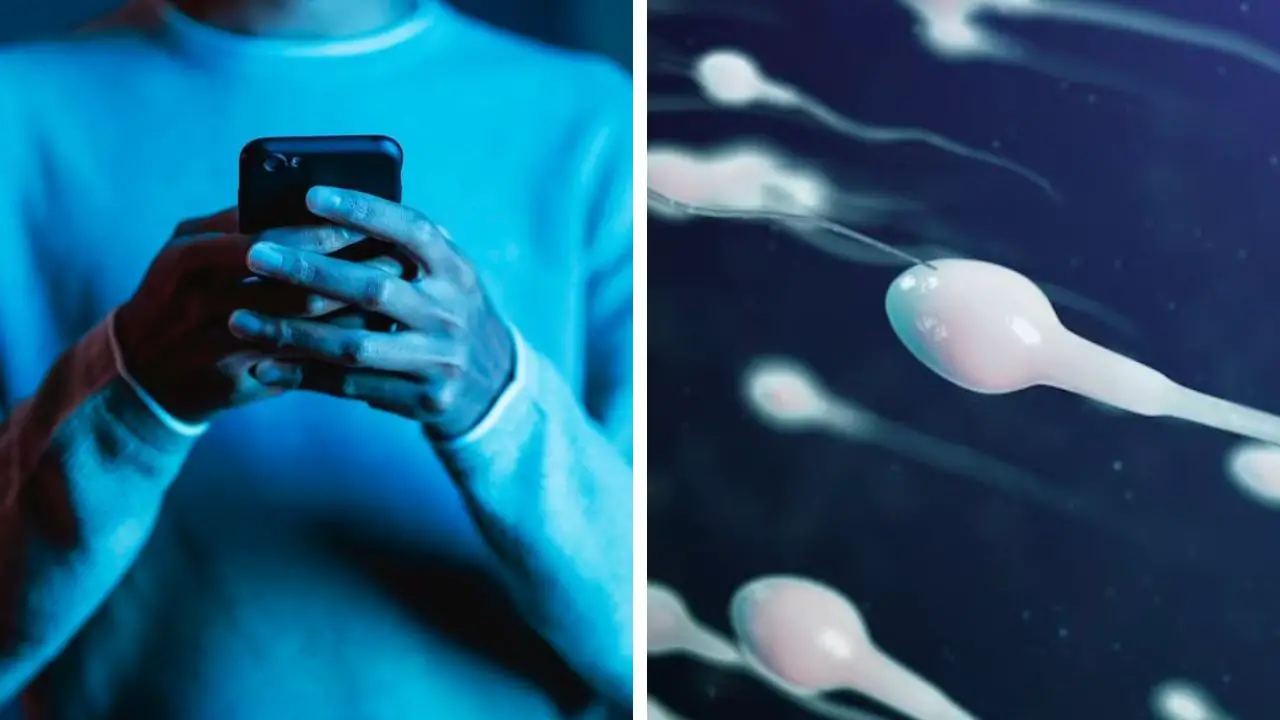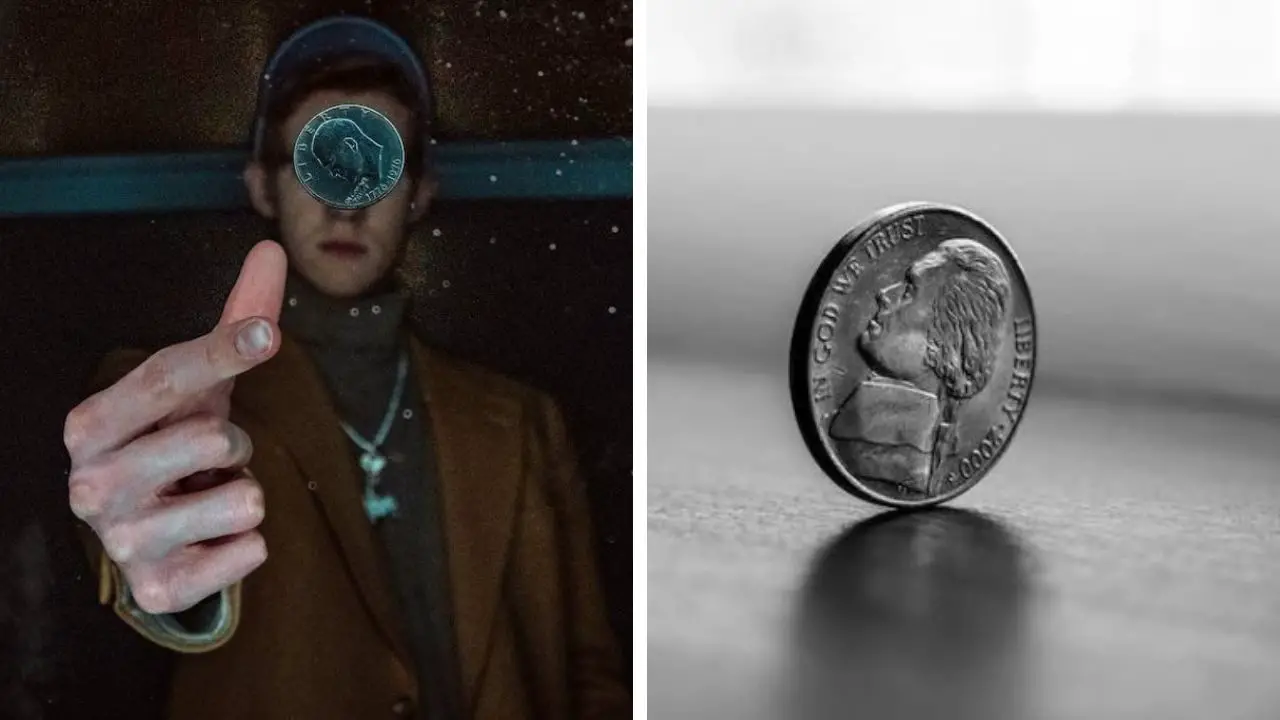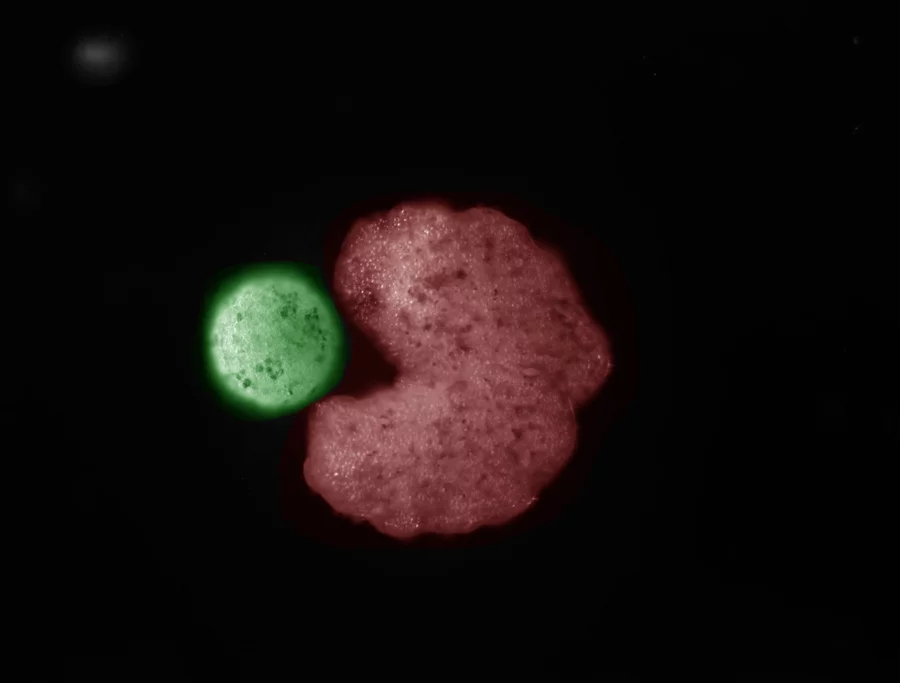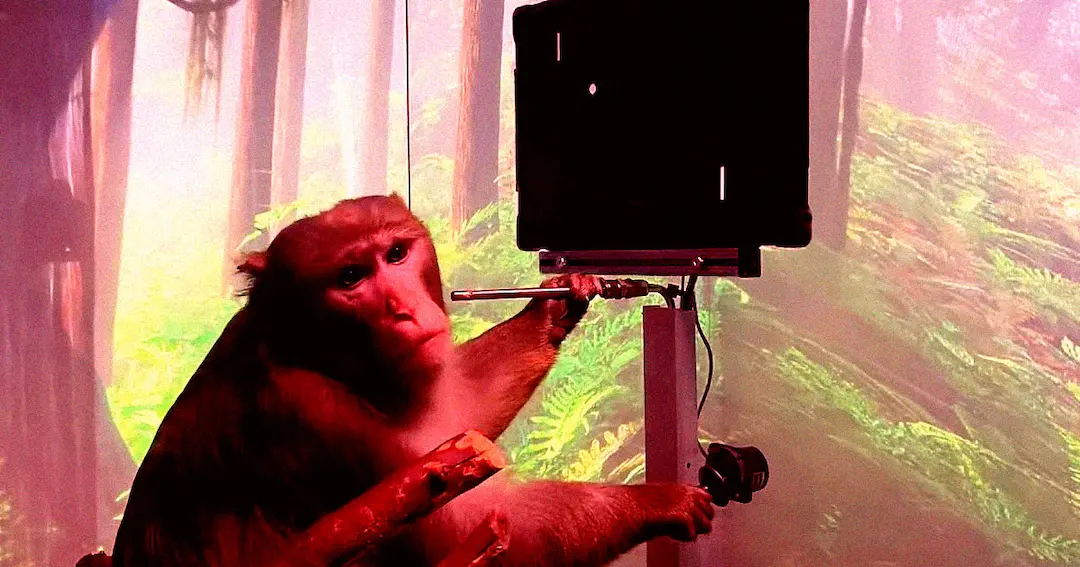10 Strangest Octopus Abilities: 3 Hearts, Blue Blood, and 500 Million Neurons Revealed
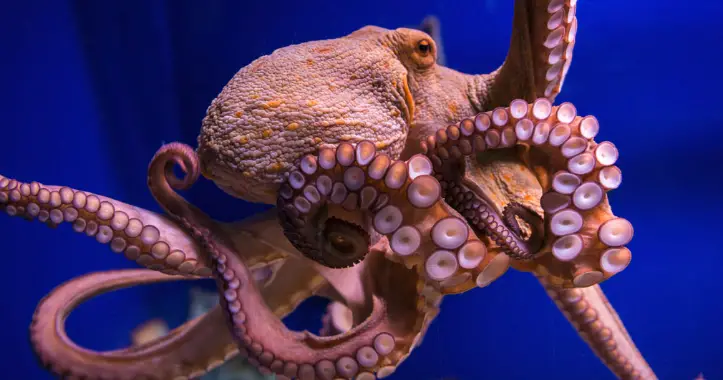
- Octopuses can edit their RNA, allowing their nervous system to keep working smoothly even in cold ocean waters.
- They regrow lost arms within weeks, rebuilding nerves, muscles, and suction cups to full function.
- Every octopus species produces venom, which helps them quickly immobilize and consume prey.
Did you know that a single blue-ringed octopus carries enough venom to kill 26 adult humans in minutes?
The octopus is one of the ocean’s most extraordinary creatures, armed with abilities that seem almost unreal.
From pumping blood with three hearts to carrying half a billion neurons across its body, this remarkable animal defies expectations at every turn.
In this article, we explore ten of the strangest and most fascinating traits that make the octopus a true marvel of the deep.
01. Master Camouflage Artists
Octopuses rank among the ocean’s premier experts in disguise. They alter their skin color and texture in less than a second to blend with surroundings, using thousands of chromatophores—pigment sacs controlled by muscles and nerves.
This ability helps them evade predators and ambush prey. In one species, the mimic octopus, individuals impersonate venomous creatures like lionfish or sea snakes, selecting disguises based on nearby threats.
VIDEO: The Mimic Octopus – Impersonates jellyfish, flatfish and snake and mystery shapes
Researchers have observed these changes occurring in one-fifth of a second, far quicker than any chameleon.
This rapid adaptation relies on their excellent vision, despite evidence suggesting they perceive colors through chromatic aberration in their rectangular pupils.
Such camouflage extends beyond hunting; octopuses maintain it while moving, as seen in the algae octopus walking on two arms to resemble drifting seaweed.
What drives this precision, especially since octopuses are considered colorblind?Their skin contains light-sensitive opsins, allowing detection of environmental brightness without eyes.
In laboratory tests, octopuses matched complex backgrounds like coral reefs or rocky seabeds with near-perfect accuracy.
This skill involves not just color but skin papillae that raise or flatten to mimic textures, creating three-dimensional illusions.
Field studies in Indonesia documented mimic octopuses switching forms up to 15 times in an hour during foraging. How do they process such visual information so swiftly?
The mechanism raises questions about their neural efficiency, leading into their decentralized brain structure.
02. Contortionists Extraordinaire
Without a single bone in their bodies, octopuses squeeze through openings as small as their beak—the only hard part of their anatomy.
This flexibility stems from a muscular hydrostat system, where muscles provide both support and movement, similar to a human tongue but on a larger scale.
Adult common octopuses, measuring up to 90 centimeters in body length, have navigated holes just 2.5 centimeters wide in experiments.
Their soft bodies allow compression to one-tenth normal volume without harm. This trait aids escape from predators and access to tight crevices for shelter or food.
In aquariums, octopuses have escaped enclosures through drain pipes narrower than a quarter. The giant Pacific octopus, with arm spans reaching 5.4 meters, demonstrates this by entering shipwrecks or bottles for homes.
VIDEO: Octopus Squeezing Through Very Tiny Spaces
Statistics show over 300 octopus species exhibit this ability, adapted to diverse habitats from shallow reefs to depths of 4,000 meters.
What limits this contortion? Only the beak size, typically 5 centimeters in adults. Observations reveal they expel water to slim down further, reducing girth by 30 percent.
This boneless design also enables intricate manipulations, but how does it tie to their regeneration?
03. Ingenious Tool Users
Octopuses stand out as rare invertebrates that employ tools. Veined octopuses collect coconut shells, cleaning and carrying them in a stilt-like walk for later use as portable shelters.
This behavior, documented in 2009 off Indonesia, marks advanced planning since they transport awkward items up to 20 meters.
They also stack rocks and shells to fortify dens, creating barriers against intruders. Blanket octopuses wield Portuguese man o’ war tentacles as weapons, immune to the venom that stings other marine life.
In captivity, octopuses unscrew jar lids to access food, a task requiring torque and grip from their 240 suckers per arm.
Each sucker exerts force up to 15 kilograms, enabling precise handling. Field data indicate 15 percent of observed dens incorporate human debris like bottles.
This tool use reflects cognitive foresight, with some individuals modifying objects—breaking shells to fit entrances.
VIDEO: Octopus in a Cup
How far does this ingenuity extend in wild populations? Such actions hint at their problem-solving prowess, explored next.
04. Puzzle-Solving Geniuses
With 500 million neurons—more than many vertebrates—octopuses excel at puzzles. They navigate mazes, remembering paths after one trial, and distinguish shapes using visual cues.
In studies, common octopuses solved lever-pulling tasks for rewards in under five minutes. Their intelligence rivals that of dogs, with two-thirds of neurons in arms for independent operation.
Aquariums report octopuses escaping tanks to raid neighboring exhibits, returning undetected.
VIDEO: Giant Maze Experiment
One experiment showed they recognize human faces, squirting water at disliked keepers. The larger Pacific striped octopus employs scare tactics, tapping prey to startle it into capture.
Over 80 million central brain neurons process complex decisions, like choosing anchovies over clams in food preference tests.
This smarts allows tool disassembly; they dismantle locks or Lego structures for fun. What evolutionary pressures fostered such brains in solitary creatures?
Here is a table of key octopus intelligence statistics:
| Statistic | Value |
|---|---|
| Total Neurons | 500 million |
| Arm Neurons Percentage | 66% |
| Brain-to-Body Ratio | Highest among invertebrates |
| Maze Solving Time | Under 5 minutes |
| Memory Span | Weeks to months |
This table underscores their cognitive edge, but their physiology holds even odder features.
05. Triple-Hearted Wonders with Blue Blood
Octopuses possess three hearts: two pump blood to gills for oxygenation, while the third circulates it body-wide.
This setup supports high activity but halts during swimming, causing fatigue—hence their preference for crawling.
Their blood uses copper-based hemocyanin, turning it blue and efficient in cold, low-oxygen waters.
Acidity changes from climate change threaten this system, as hemocyanin binds oxygen less effectively in acidic conditions.
Fossils trace octopus ancestors to 330 million years ago, predating dinosaurs, with early forms having ten arms.
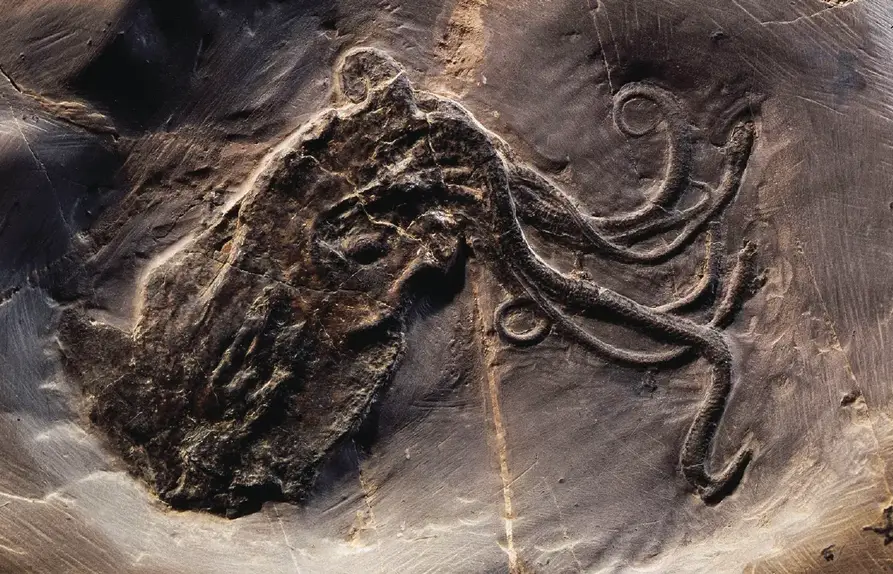
Modern species number over 300, each with this tri-heart design. The systemic heart beats 30 to 40 times per minute at rest.
Blue blood’s copper content makes them sensitive to pollution, with studies showing reduced oxygen transport in contaminated areas. How does this vascular oddity interact with their venom production?
06. Decentralized Intelligence
An octopus’s nervous system distributes control, with eight arms each housing a mini-brain for autonomous actions. This allows multitasking: one arm cracks shellfish while others explore.
Total neurons reach 500 million, but only one-third reside centrally; the rest enable arms to taste, touch, and move independently. Severed arms react for hours, grasping objects reflexively.
VIDEO: How brainy is an octopus?
In tests, arms guided through mazes reached food using local senses, bypassing the main brain.
This setup evolved for efficiency in complex environments. Arms contain 350 million neurons collectively, processing sensory data on-site.
Skin opsins add light detection, aiding camouflage without central input. What happens when arms regenerate—do they regain full smarts?
This distribution explains their agility, but regeneration reveals another layer.
07. Regenerative Powers
Octopuses regrow lost arms fully, restoring function within 9 to 10 weeks. After injury, the stump seals, then proliferates cells to form a new limb, complete with suckers and nerves.
In Octopus vulgaris, regeneration rates vary by sex and maturity, with faster-maturing individuals healing slower. Nerves regenerate alongside, achieving full pattern recovery in months.
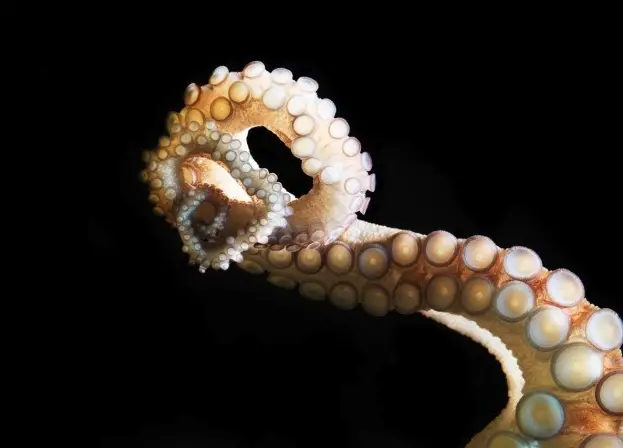
Unlike starfish, severed arms do not become new octopuses but retain movement briefly. Studies show hectocotylus arms regenerate quickest in males, prioritizing reproduction.
Over 50 percent of wild octopuses exhibit arm scars from predation or fights. This ability ties to their short lifespans—1 to 2 years for most—maximizing survival odds.
Lab data indicate cold temperatures slow regeneration by 20 percent. How does this compare to their genetic tweaks?
08. Sensory Superarms
Each arm lines with hundreds of suckers that taste and smell, acting like 1,600 tongues and noses combined.
This chemotactile sense detects prey hidden in crevices. Skin breathes up to 40 percent of oxygen needs, vital for land excursions during hunts.
Arms drill shells using a radula—a toothed tongue—and inject venom or enzymes to liquefy insides.
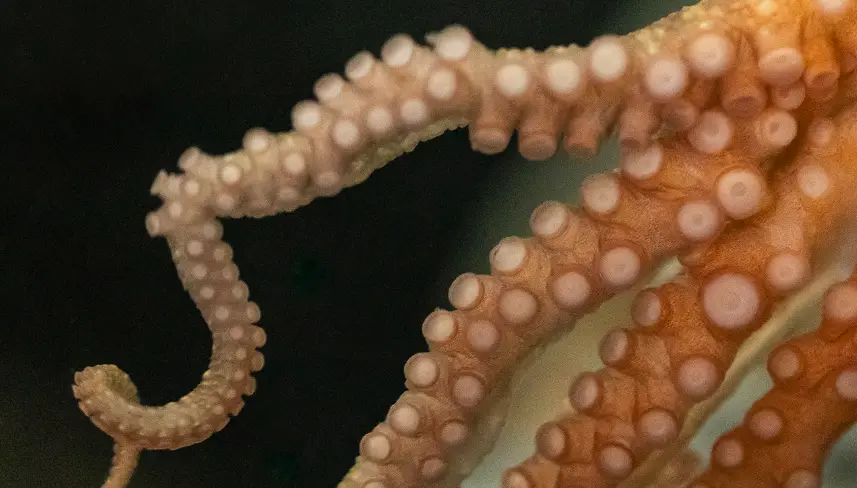
Suckers hold 15 kilograms each, enabling heavy lifting relative to body weight. Rectangular pupils provide 360-degree vision without blind spots.
Despite colorblindness, they discern hues via pupil mechanics. In experiments, arms explored unseen areas, finding crabs by touch alone.
This multisensory integration supports their hunting in dark depths. What role does venom play in these interactions?
09. Genetic Editors on the Fly
Octopuses edit RNA extensively, altering proteins without changing DNA—a rare trait among animals.
This recoding, via enzymes, adjusts to temperature shifts; editing increases 33 percent in cold, modifying neural proteins for function.

In Octopus bimaculoides, thousands of sites edit under stress, aiding acclimation. Unlike permanent DNA mutations, RNA changes are temporary, allowing quick responses.
Cephalopods edit over 60,000 sites, far more than humans’ dozens. This may explain behavioral flexibility in varying oceans.
Research shows cold boosts edits per transcript in squid too. Scientists link this to their intelligence evolution, expanding microRNA genes. How might this influence sleep patterns?
10. Potential Dreamers of the Deep
Octopuses exhibit sleep stages akin to REM, with skin patterns flickering during “active sleep”—short bursts lasting seconds to a minute.
Recordings show neural activity and color shifts mirroring wakeful behaviors, like hiding from predators. This suggests reliving experiences, perhaps dreaming.
VIDEO: Octopus dream and replay colours during a REM-like sleep state
Quiet sleep precedes active phases, cycling every 30 minutes. Evidence from Costello the octopus includes rapid pattern changes, indicating nightmares or memories.
Brain waves during active sleep resemble alertness, with higher arousal thresholds. Studies confirm two-stage sleep in octopuses, evolving independently from vertebrates.
The octopus is far more than a curious sea creature—it is a master of survival and adaptation.
From rewriting its own biology to regrowing limbs and wielding venom, its abilities highlight just how strange and sophisticated life beneath the waves can be.














